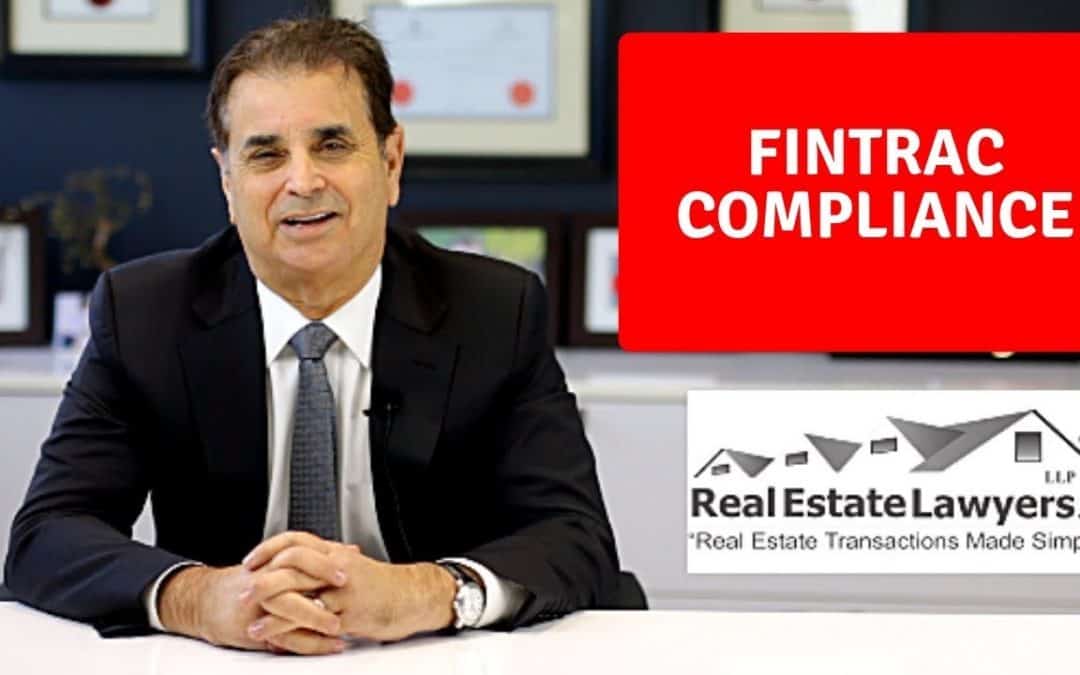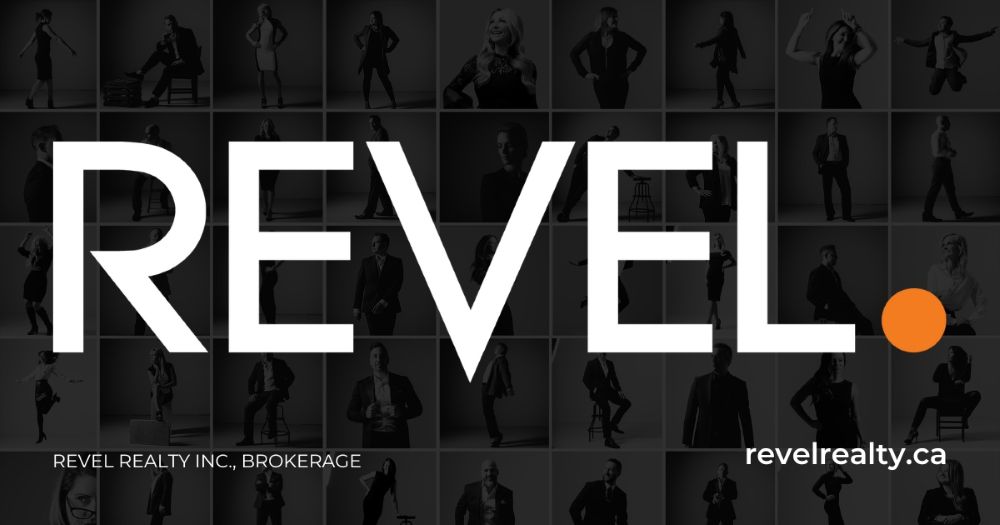A recent study focussed on how buyers are using nameless corporations to attempt to launder money when purchasing real estate. Real estate agents, brokerages, lawyers and lenders all have a role to play in making sure consumers are not caught up in this.
While giving FINTRAC seminars to brokerages, or conducting FINTRAC audits on a brokerage, I have been able to identify five areas where brokerages can improve to make sure they are not part of the problem.
1. Verify the corporation and the person signing:
The main issue identified in the study is real estate purchased by numbered companies that may not have any real connection to Canada and are used as a vehicle to launder money. Make sure you ask for the articles of incorporation or a recent tax assessment to make sure the person signing for the company has authority. Then, personally identify the person signing.
2. Are there other directors, shareholders and addresses for the corporation?
It is also important to ask if there are any other directors in the corporation. If so, their names and addresses must be listed. If anyone else owns 25 per cent or more of the shares of the corporation, these shareholders and their addresses must also be listed. Also, look for the registered office of the corporation as well, which should be on the articles of incorporation or the tax assessment.
3. Ask the lawyer if you cannot verify the information yourself.
The buyer’s lawyer will also have to verify that the person signing for the company has authority. If you are not sure how to read the documents, consult with the buyer’s lawyer, who can review all the company documents contained in the minute book, to make sure you have all the proper information.
4. Where is the money coming from?
No one expects you to be a detective. Yet under the FINTRAC guidelines for completing the receipt of funds form, it is requested that you obtain verification of the account number that the deposit money is coming from. If you have a certified cheque it will identify the account, but it is more challenging if a bank draft is used because the account information is not on it.
While FINTRAC asks that you obtain either a void or cancelled cheque from the account that was used, or a bank form showing the account information, the fact is that many clients will refuse to give this to you due to fears about identity theft. In that case, ask the client directly if the deposit came from their account and then write on the form something to the effect of, “Buyer confirms deposit came from their bank account.”
5. Is company officer connected to your community?
When the person signing for the company is connected to your community, there is less likelihood for fraudulent activity. This is why it is so important to clearly complete the occupation of the buyer on the FINTRAC forms, because it shows how the buyer is connected to your community. Different precautions will have to be used when you are dealing with overseas buyers.
If you have any questions related to any of the issues raised in this story, or you wish to schedule FINTRAC training or an audit of your own FINTRAC policies, please contact me.
Mark Weisleder is a senior partner, author and speaker at the law firm RealEstateLawyers.ca LLP. Contact him at mark@realestatelawyers.ca or toll free at 1-888-876-5529.















